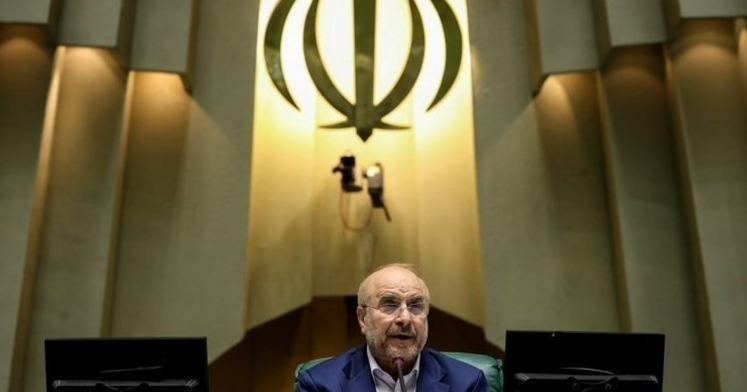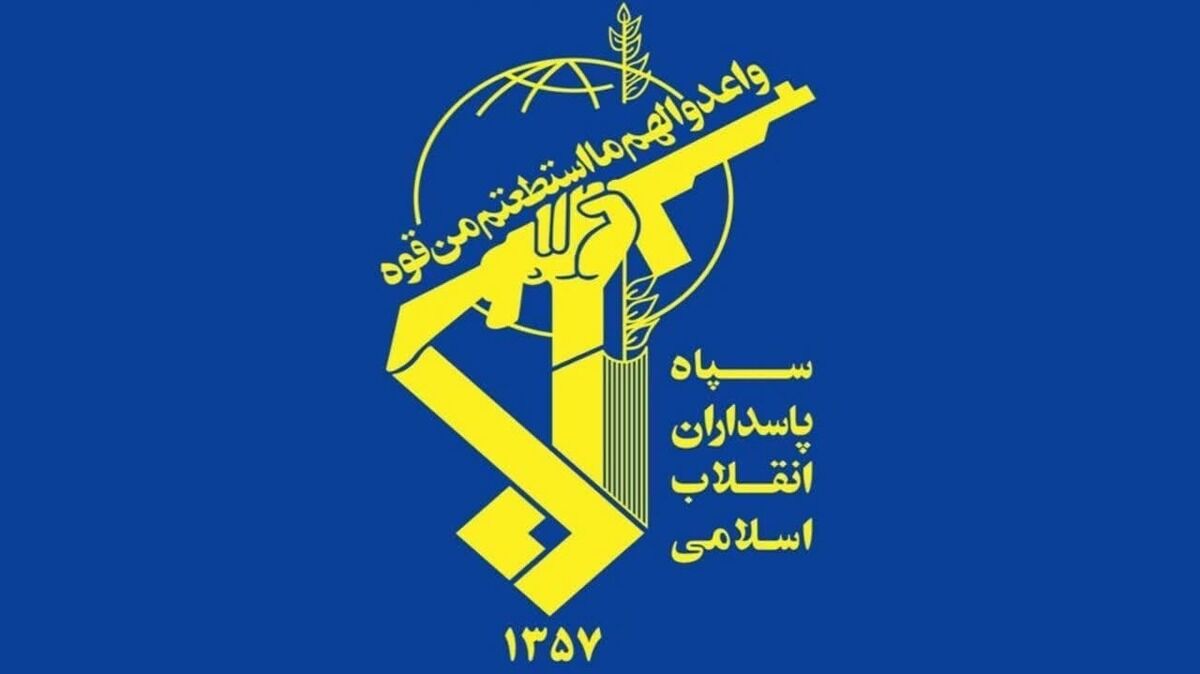
Similar Posts
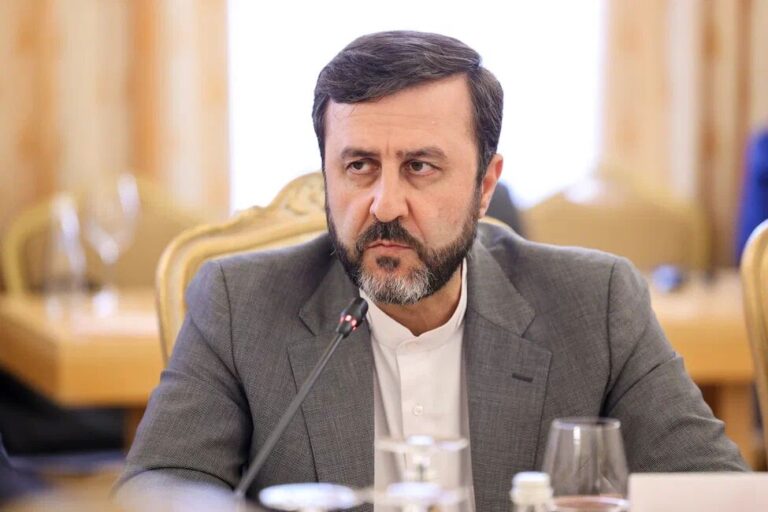
Iran’s Deputy Foreign Minister Declares Uranium Enrichment a ‘Red Line’ in Nuclear Standoff
Tehran firmly asserts its right to uranium enrichment, with Deputy Foreign Minister Kazem Gharibabadi stating it is a non-negotiable “red line.” In a meeting with the Parliament’s National Security Commission, he emphasized that Iran’s enrichment is for peaceful purposes and that the country does not seek nuclear weapons. Gharibabadi called on the U.S. to demonstrate sincerity in negotiations, resisting external pressures, especially from Israel. Recent talks in Rome led to a framework for future discussions, with both sides agreeing to reconvene next week. The negotiations involve Iranian Foreign Minister Abbas Araqchi and U.S. envoy Steve Witkoff, facilitated by Omani Foreign Minister Badr bin Hamad Al Busaidi.
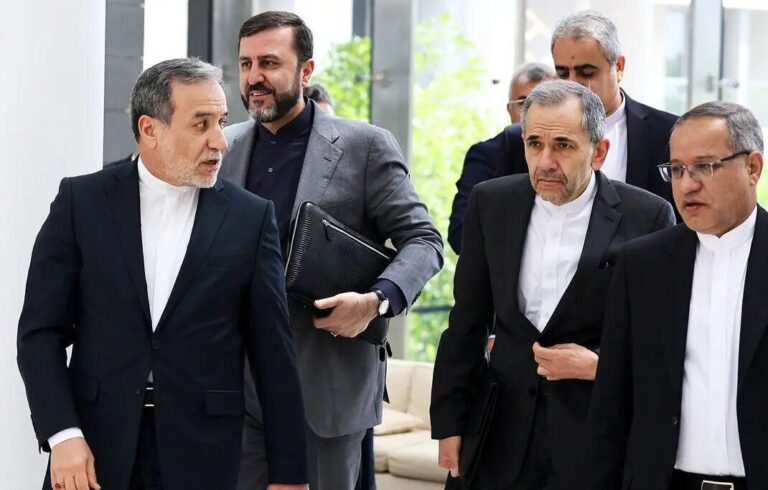
Breaking: Fifth Round of Iran-U.S. Nuclear Talks Wraps Up – What’s Next?
The fifth round of negotiations between Iran and the U.S. concluded in Rome, involving key figures like Iranian Foreign Minister Seyyed Abbas Araqchi and U.S. envoy Steve Witkoff. Spokesperson Esmaeil Baqaei reported that the discussions occurred in a calm atmosphere, with further details pending. Araqchi highlighted the significance of a deal centered on zero nuclear weapons and enrichment levels. The talks were mediated by Oman’s Foreign Minister Sayyid Badr Al-Busaidi, who noted some progress but emphasized the need to clarify remaining issues for a sustainable agreement. The Iranian delegation included several diplomats and experts.
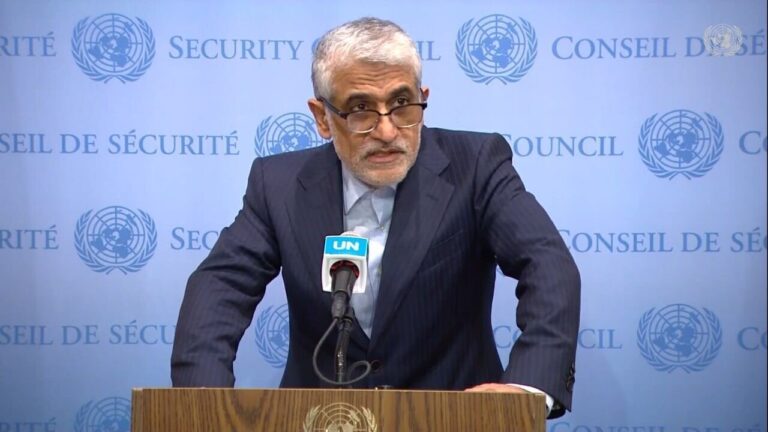
Iran Refutes Claims of Yemen Embargo Violations: A Bold Denial Amidst Tensions
Amir-Saeid Iravani, Iran’s UN Ambassador, recently denied allegations of Iran violating the U.N. arms embargo on Yemen during a Security Council meeting on maritime security. He emphasized Iran’s commitment to international law and maritime safety, criticizing threats like piracy and unilateral coercive measures that undermine global navigation. Iravani asserted that claims from the U.S. and Israel are misleading, attributing regional instability to Israel’s actions in Gaza. He called for a universal approach to maritime security grounded in international law and highlighted Iran’s role in ensuring safe passage through critical waterways.
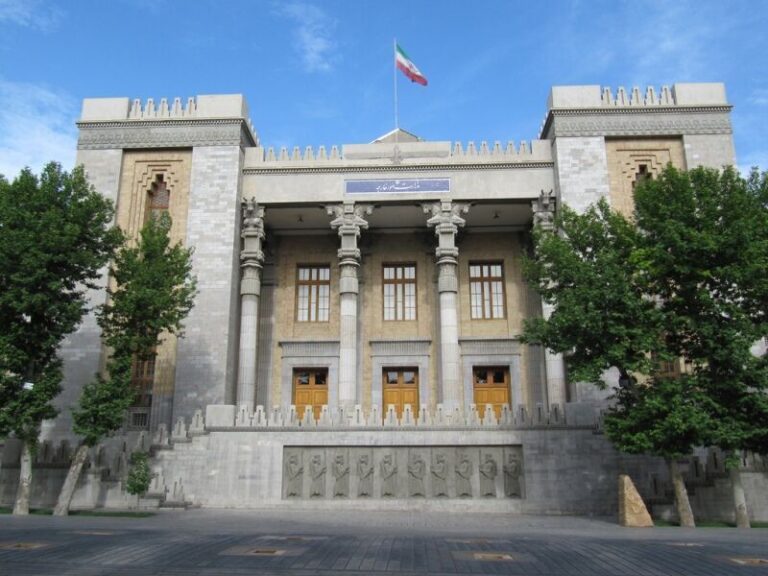
Iran Calls in Polish Charge d’Affaires Following Controversial Remarks by Foreign Minister
The Iranian government has summoned Poland’s chargé d’affaires in Tehran following anti-Iran statements by a senior Polish diplomat. Iran’s Ministry of Foreign Affairs lodged an official protest against Polish foreign minister Marcin Wilczek’s remarks, amid rising tensions partly fueled by an Iranian drone wreckage displayed at the 2025 Conservative Political Action Conference (CPAC). This event aimed to promote an anti-Iran narrative, linking Iran-Russia cooperation to global threats. While the U.S. and EU have imposed sanctions on Iran for allegedly supplying drones to Russia in the Ukraine conflict, Iran denies these claims, asserting its right to sell drones like the Shahed model.
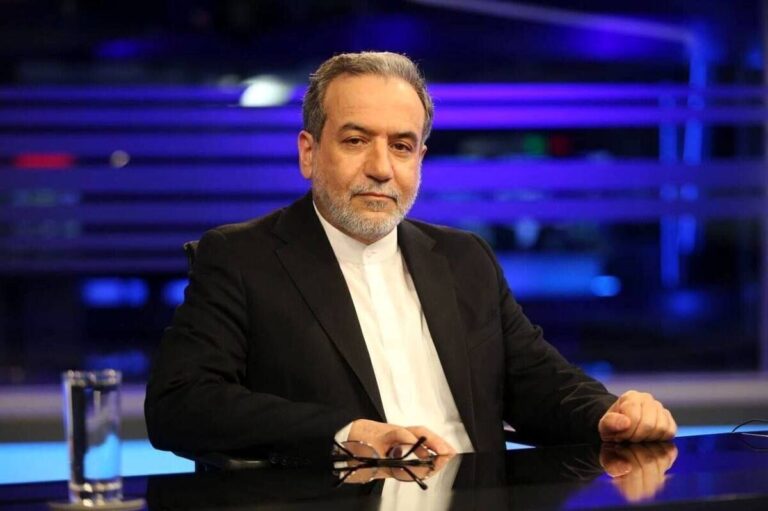
Iran Stands Firm: Foreign Minister Araqchi Affirms Nation’s Right to Peaceful Nuclear Technology
Iran’s Foreign Minister Abbas Araqchi reaffirmed the country’s commitment to developing peaceful nuclear technology ahead of upcoming nuclear negotiations with the U.S. in Rome. He emphasized Iran’s unwavering stance on its nuclear rights and the continuation of its enrichment program, while expressing readiness for confidence-building measures and increased monitoring. Araqchi criticized European nations for threatening the 2015 nuclear deal’s snapback mechanism, warning it could endanger the Non-Proliferation Treaty. He urged Europe to abandon confrontational policies and indicated that he would address Israeli threats against Iranian nuclear facilities, signaling readiness for decisive responses if necessary.
